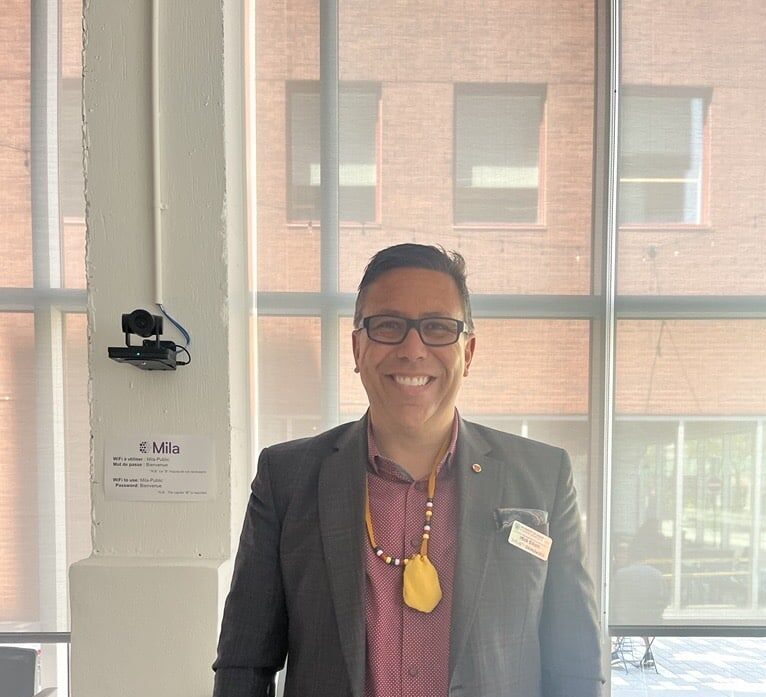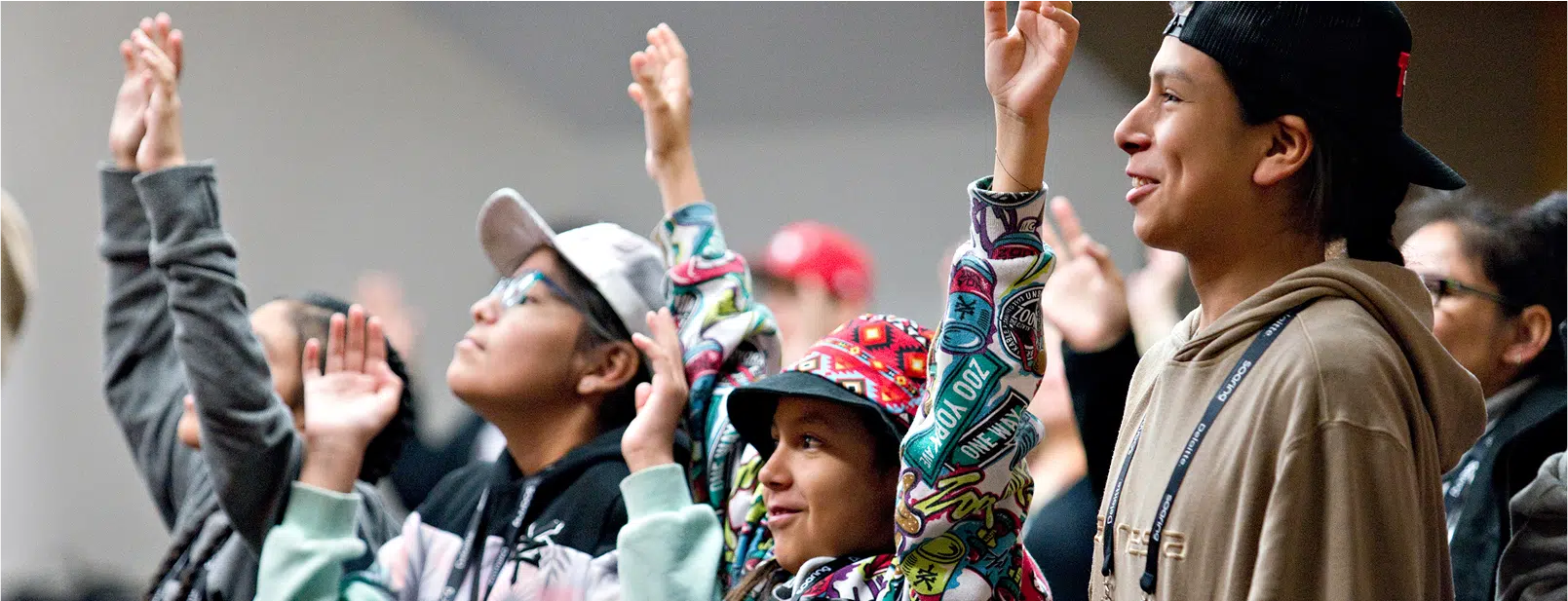This past summer, Indspire brought together 21 Indigenous students from across Canada for a unique 6-week program in Montreal. These students, all with a keen interest or academic focus in Artificial Intelligence, participated in a specialized program led by Mila, the Quebec Artificial Intelligence Institute.
Indigenous Pathfinders in AI program was intentionally designed to weave in Indigenous ways and practices. It wasn’t just about cutting-edge AI; it was about learning in a way that resonated with Indigenous perspectives and knowledge systems.
Mick Elliott-Keewatin, one of the program’s 2025 graduates, shared his journey and insights from this incredible experience. You can read his first blog post about it here and read his second entry below:
The first week of Mila started with the launch of LawZero, Dr. Yoshua Benjio’s response to unchecked AI.
Benjio is not only the founder of Mila, but the highest cited person on the planet and one of the three people who started coding AI. We learned that AI was increasing its intelligence by 2-4x every six months, with its agent autonomy doubling every 6 months. Its ability to code itself was becoming better and faster than humans. We learned that AI had supported creating a virus for the first time—how long before it could create a virus independently?
Long has humanity thought of itself as the apex, but Bengio’s message pressed into our minds the deeper concern. It wasn’t just about the technology itself, but the lack of careful consideration by those developing it. His emphasis wasn’t the fear of AI, but the recklessness of scientists rushing forward without fully understanding the potential consequences. If you’re familiar with the Terminator franchise, you’re aware of SkyNet—and I couldn’t help but make this connection. I also appreciate his response to protect humanity: the launch of LawZero, a critical intervention in this complex technological landscape.
LawZero allows intelligence to increase while controlling AI’s agency. With the lack of governance in AI development from America, Benjio and his team worried our grandchildren would live with our lack of foresight. He states that “China is more aware of the catastrophic impact of AI than America.” In a system where “vast numbers of scientists are turning a blind eye to AI generation,” it’s a hands-to-pearls moment.
But this wasn’t just about mitigating risks. Mila’s Benjamin Prud’homme reinforced the Pathfinders program’s importance. Their “AI for Good” and “AI for Humanity” commits to using technology for social, educational, and health innovations. With over 2000 researchers, their vision extends beyond controlling AI’s dangers; it’s about reshaping technology to serve humanity’s most pressing needs.
Training models with Indigenous values seems evermore important focusing on Mother Earth, community, and supporting one another versus consumption and capitalist values. Pivoting AI’s value system cannot happen soon enough—future Pathfinders, take note, we need you!
This was Friday. A collision of thinking pressing into our cohort’s minds and hearts. Crystallizing the program’s vision and the importance of our work ahead.
The afternoon brought a cooking class—a fun departure from the week’s intensity. Laughs, team building, and conversations around kitchen tables. Indigenous peoples and food: where we come together and bond.
A wonderful way to wrap up the week and explore Montréal.


